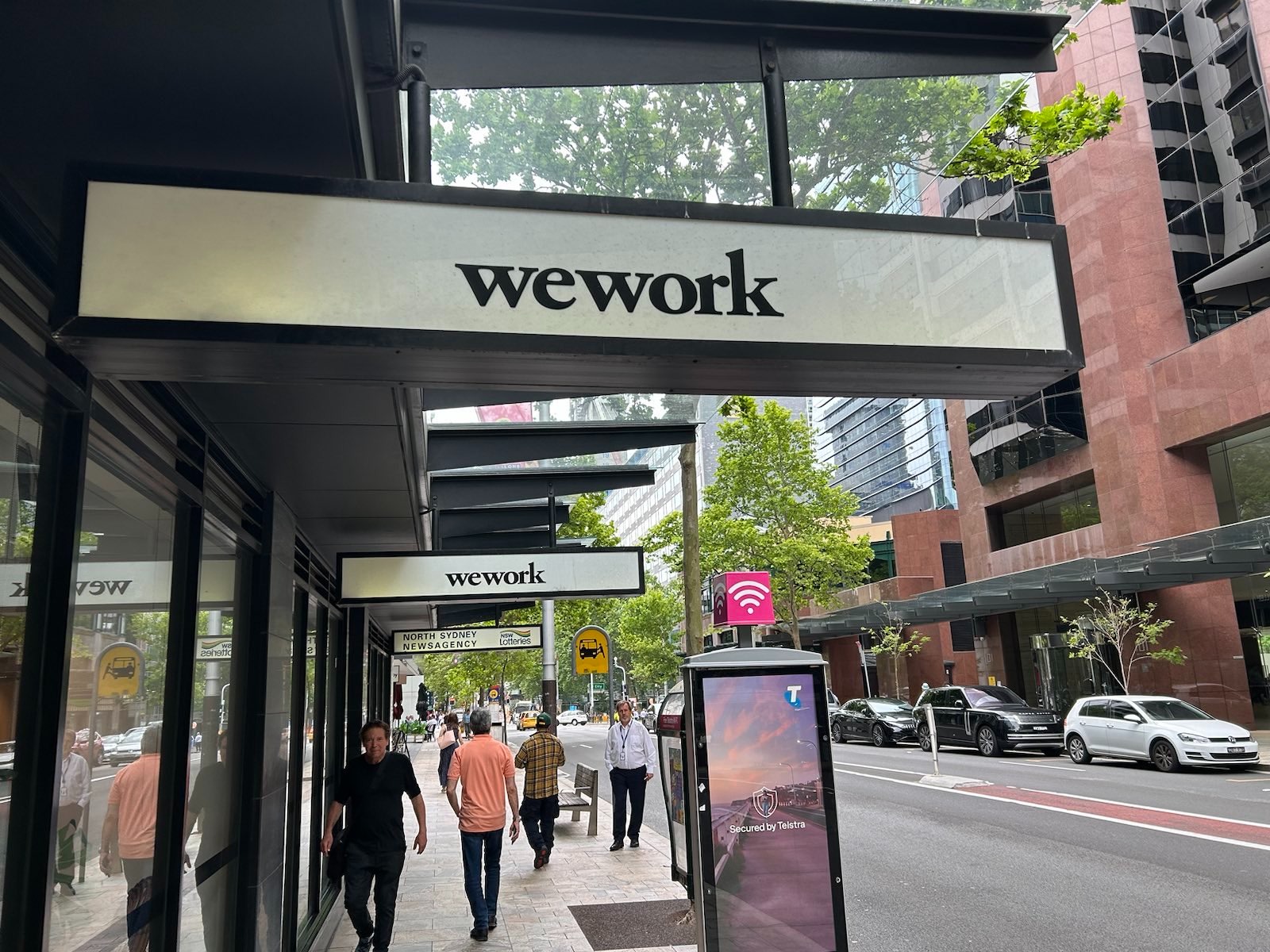Much is said about private equity (PE) funds and the excellent results they have presented. But are they all they tell us?
Common sense tells us that there is more to this story than we are shown. PE funds invest, as the name suggests, in companies (equity) that, at least initially, were not publicly traded and were not traded on public markets (private). Today the story is not quite like that.
It is difficult to pinpoint when the private equity market really began, but it became popular thanks to leveraged buyouts (LBOs, or leveraged buyouts), popularly known as bootstrapped acquisitions, in the late 1960s.
The late Bears Stearns was a leader in this sector, especially in the role of advisor, and had, among its executives, Henry Kravis, George Roberts and Jerome Kohlberg, who started the famous and giant company KKR, using the initials of their surnames, in the second half of the 70s.
LBOs can be extremely profitable, especially because, as the name suggests, they are extremely leveraged – some can have less than 10% equity. Just to put this into perspective, imagine that a company is purchased for $10 million, with $1 million in equity and the remaining $9 million in debt.
If this company is sold for $11 million shortly thereafter, the return to the investor is $1 million minus the cost of debt. Although it may seem small, this $1 million corresponds to a 100% return on equity, which is an extraordinary return.
This also shows us why private equity funds are interested in buying increasingly larger companies. As investment in equity is low – and that of fund managers even lower – the larger the company, the higher the rates obtained in the end.
As we can see, private equity works best with debt – and the more the better. But the account, which looks good for the investor, is even better for the manager, called a general partner. PE funds, in general, charge numerous fees from their investors, such as fees to facilitate obtaining credit, advisory on purchases and sales, remuneration for seats on the administrative board, various contracts, in addition to the normal charge and the investment fee. performance at the end.
There is nothing inherently wrong with that and I am all for anyone doing good work being properly compensated for it. The question that remains is: how do we know if the work is, in fact, being done well in a private market?
In March 2020, at the height of the market crash due to fear of Covid-19, several stocks plummeted by 20%, 30%, 50% or even more. And what happened to private equity funds? The vast majority went up.
How is this possible? How can a fund that invests in shares of companies, such as those listed on the stock exchange, rise if the entire market is falling? Worse, how can a fund that invests in highly leveraged companies rise at such an adverse time? The risk is doubled, not only by investing in stocks, but also by investing in highly leveraged and illiquid stocks.
This is the “magic” of PE funds. As they do not have shares listed on the stock exchange, they price the assets themselves, the way they want, with the blessing of the faithful auditors (yes, those who sold gave AAA ratings to any CDO before the 2008 crisis).
Thus, while shares of solid, profitable and well-positioned companies in the market suffer from volatility, private equity shares are unaffected by any fluctuation. This is another big advantage for those who don’t like to see volatility take its toll on portfolios. The nature of these funds smooths out (masks) volatility, although the risk is still there, amplified at times by the effect of leverage.
And as prices are higher at each stage, investors generally have the impression that they are always winning in these funds, and dedicate an increasing portion of their wealth to them.
I can even give the easiest example of the now-deceased WeWork, that fiasco I’ve written about a few times. The company raised funds several times, and with the exception of the final one, a higher valuation than the previous one was used in each round.
SoftBank initially invested US$4.4 billion in the company in the first round of financing in August 2017, when the company was valued at around US$20 billion. In January 2019, the same SoftBank invested another US$6.25 billion, now putting a tag of around US$47 billion.
Absolutely everyone and a few more knew that the company would not work, at least not in the way it was being managed, however this did not stop a PE fund from investing more money in it.
Why would anyone invest money in a highly leveraged company that is unable to generate profits and cash? Some cynic might suggest that SoftBank was in the process of raising yet another fund (Vision Fund II), and invested more money in WeWork at a higher valuation, even though it knew it wouldn’t work, just to avoid problems in raising funds for the new vehicle.
Investing in the company already invested in at a higher valuation would increase the share of the previous fund, generating more fees (much more, by the way) and would give a boost to profitability, making it easier to raise funds for the second fund. If there was a problem with WeWork in 2019, it would be very difficult to get a second fund on its feet.
I’m not accusing SoftBank of anything, I’m just trying to show that private equity funds, in general, have a huge risk and an inadequate payoff, to say the least. Heads, managers win (a lot), tails, investors lose. A negative asymmetry for investors, who are enchanted by the very low volatility and possibility of high gains. PE funds do not adequately show volatility or risk, which are very different things, by the way. It’s time for investors to realize this.





